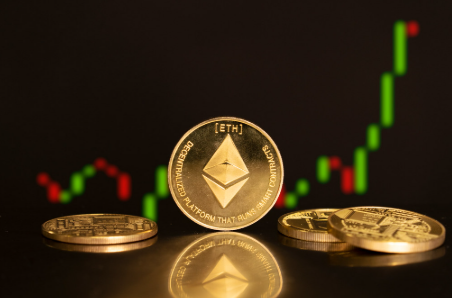Following Donald Trump’s election victory, one of the hottest topics — along with tariffs, of course — was the so-called “Trump Trade” and whether it could be repeated. For those unfamiliar with the term, it gained traction after his victory in 2016, as markets reacted to his promises.

Long story short, the “Trump Trade” fueled a strong rally in U.S. stocks — especially tech, financials, industrials, and energy — thanks to corporate tax cuts and repatriation of overseas profits that boosted buybacks and dividends. Treasury yields rose initially, reflecting higher spending and growth bets, while the U.S. dollar index gained on expectations of rate hikes and economic strength. As for commodities, industrial metals rose on infrastructure hopes, oil remained stable due to deregulation, and gold fluctuated between its appeal as a safe haven and the pressure from the Fed’s interest rate hikes.
This time, however, the dynamic has shifted. The dollar isn’t rushing to get stronger — money is flowing out toward alternatives to the “almighty greenback” because of the ongoing trade wars. Stocks haven’t rallied so much on hopes for tax cuts or deregulation, but more as a bounce back from earlier sell-offs caused by fears over tariffs.
The market’s gotten used to the same routine: first, there’s some tough talk, then both sides say they’re “ready to negotiate,” and finally, there are hints that a “great deal” is just around the corner. The issue is that people have started calling it out — some even jokingly call it the “Trump always chickening out” move, which a journalist recently brought up to the president himself.
Suspiciously, just a few days later, Trump accused Beijing of “totally violating” the preliminary trade agreement with the US and threatened retaliation. There is also speculation that his new chip ban against China might be a response to those TACO accusations.
So, is this the end of the “TACO trade”?
Not necessarily. If the tough talk with China — or other big trading partners — keeps heating up, it could hurt global trade and even the U.S. economy, possibly driving inflation higher. No wonder the Fed isn’t hurrying to cut interest rates. Plus, major companies have made it clear they’re not thrilled with Trump’s tariff tactics.


 Hot Features
Hot Features













